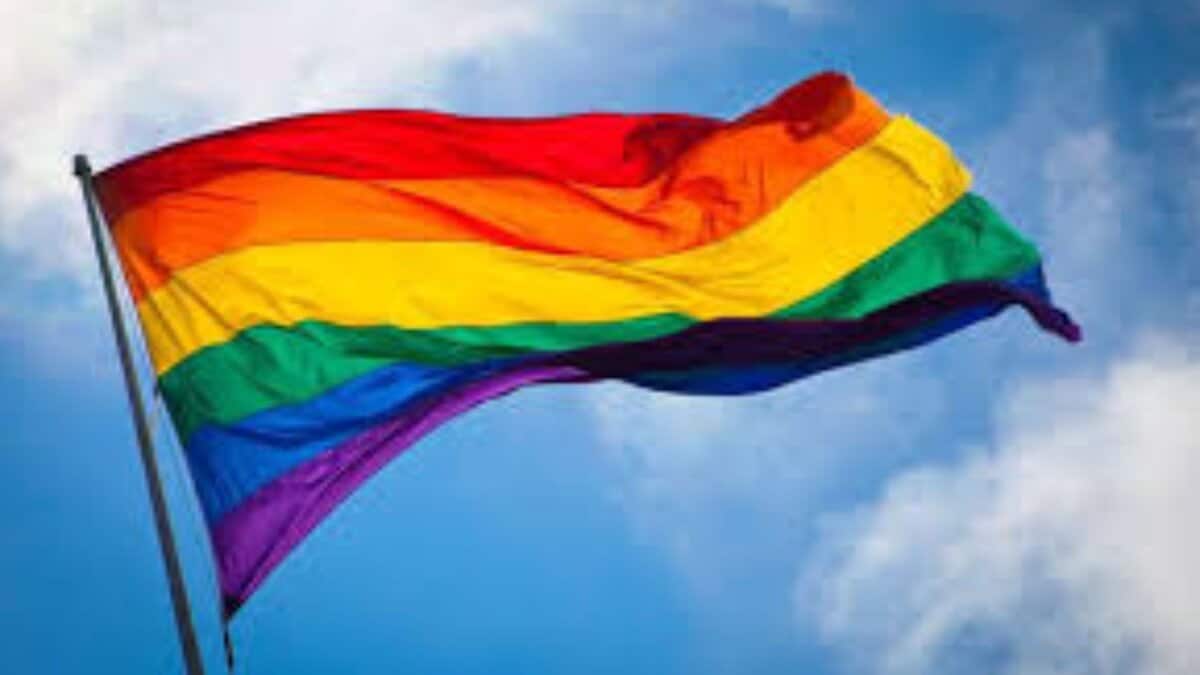
New Delhi: The Supreme Court on Wednesday directed the Centre to seek expert opinion for removing the bias in the medical guidelines that bar transpersons, gay men and sex workers from donating blood.
A bench of Justices Surya Kant and N Kotiswar Singh was acting on a batch of pleas against the blanket ban on blood donations by such persons from the LGBTQIA+ community.
“Aren’t we creating a kind of segregated group? By these methods, stigma, biases and prejudices are all enhanced,” the bench told Centre’s lawyer, additional solicitor general Aishwarya Bhati.
Bhati said the guidelines challenged in the petitions were issued by the Blood Transfusion Council of India which viewed these categories as “high-risk” and barred them from donating blood.
Justice Singh, however, said, “What is worrying me…are we going to brand all transgenders as risky and thus indirectly stigmatise these communities? Unless you can show with some medical evidence that there is some kind of link between transgenders and these diseases. You can’t say that all transgenders are involved in these kinds of activities, even normal persons engage in such activities.”
Justice Kant, on the other hand, noted the issue entailed the opinion of field experts.
“You please discuss with them so that as a community, they are not stigmatised. At the same time, all medical precautions can remain in force,” the bench told Bhati.
The pleas have challenged the 2017 Guidelines on Blood Donor Selection and Blood Donor Referral issued by the National Blood Transfusion Council and the National Aids Control Organisation under the aegis of the Central health ministry.
Members of the LGBTQIA+ community have filed three petitions in the top court.
The Centre in its reply filed to the pleas referred to “substantial evidence” to demonstrate that transpersons, men having sex with men and women sex workers were at “risk of HIV, Hepatitis B or C infections”.
On September 6, 2023, the top court said a recipient must be assured of being transfused clean blood.
While hearing the matter in March 2021, the court sought responses from the Centre and others on a separate plea challenging the 2017 guidelines for blood donor selection and blood donor referral excluding the three categories of people from being blood donors.
The petitioners contended a person being asked to disclose their sexual identity and orientation for donating blood was discriminatory.
One of the pleas alleged transpersons, gay and bisexual men, who requested to donate blood during the Covid-19 pandemic, when their community and family members needed blood for emergency medical treatment, were turned away due to “permanent deferral under the impugned guidelines”.
These guidelines are “stigmatising” as they are neither based on how HIV transmissions actually happen nor on the actual risk involved in specific activities but on the sexual identity and orientation of donors, it added.




